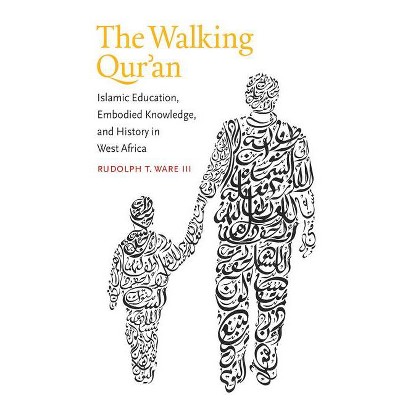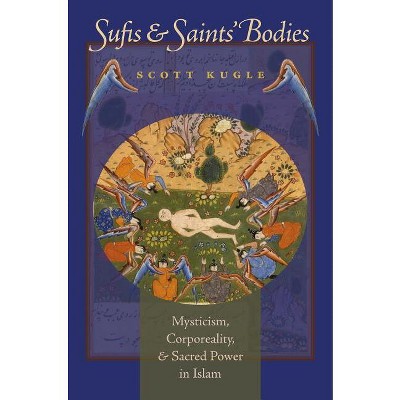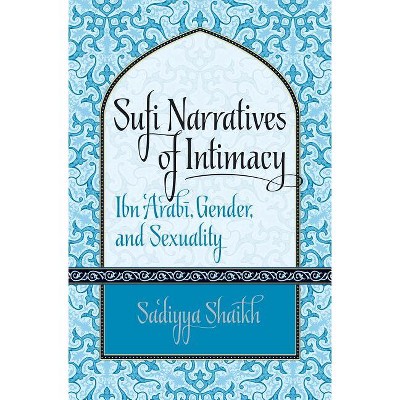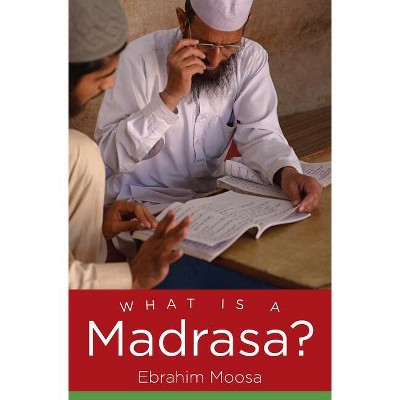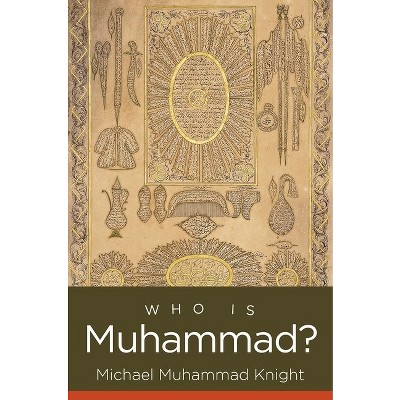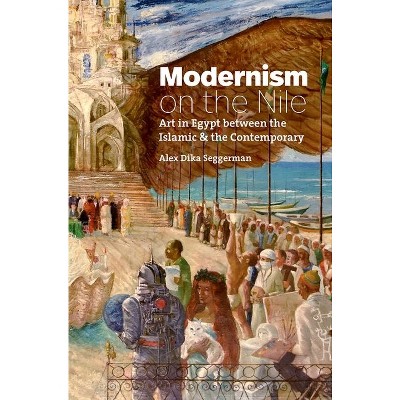Sponsored

City of Lyrics - (Islamic Civilization and Muslim Networks) by Nathan L M Tabor (Paperback)
In Stock
Sponsored
About this item
Highlights
- For centuries, Urdu-speaking poets and their audiences have gathered for mushāʿirahs, literary competitions for spoken-word verse.
- About the Author: Nathan L. M. Tabor is assistant professor of history at Western Michigan University.
- 354 Pages
- Religion + Beliefs, Islam
- Series Name: Islamic Civilization and Muslim Networks
Description
About the Book
"For centuries, Urdu-speaking poets and their audiences have gathered for mushåa°irahs, literary competitions for spoken-word verse. Today the mushåa°irah is a global phenomenon, as audiences in the millions convene in person and online for hours of poetic performance. Tracing these modern gatherings back to their origins, Nathan L.M. Tabor introduces readers to the popular emergence of the mushåa°irah in eighteenth-century Delhi. Scores of poets composed two-line lyric poems, called çghazals, that they muttered, sang, shouted, and spat out in contentious salon spaces across India's largest metropolis. Delhi's mushåa°irahs circulated lyrics, satires, and songs for both common and elite poets, who traded and assessed words like an urban commodity that defined hierarchy, taste, and notions of delight. Via poets' verse exchanges and the histories they wrote about Dehli's literary scene, City of Lyrics reconstructs the social networks the mushåa°irahs produced. By understanding the roots of this uniquely Islamic literary practice, readers will also gain insight into global popular culture today, which increasingly takes shape according to tastes and values from the Muslim world yet is enjoyed by wide audiences comprised of both Muslims and non-Muslims alike"--Book Synopsis
For centuries, Urdu-speaking poets and their audiences have gathered for mushāʿirahs, literary competitions for spoken-word verse. Today the mushāʿirah is a global phenomenon, as audiences in the millions convene in person and online for hours of poetic performance. Tracing these modern gatherings back to their origins, Nathan L. M. Tabor introduces readers to the popular emergence of the mushāʿirah in eighteenth-century Delhi. Scores of poets composed two-line lyric poems, called ġhazals, that they muttered, sang, shouted, and spat out in contentious salon spaces across India's largest metropolis. Delhi's mushāʿirahs circulated lyrics, satires, and songs for both common and elite poets, who traded and assessed words as an urban commodity that defined hierarchy, taste, and notions of delight.
Via poets' verse exchanges and their histories of Dehli's literary scene, City of Lyrics reconstructs the social networks the mushāʿirahs produced. By understanding the roots of this uniquely Islamic literary practice, readers will gain insight into global popular culture today, which increasingly takes shape according to the tastes and values of the Muslim world yet is enjoyed by wide audiences of Muslims and non-Muslims alike.
Review Quotes
"City of Lyrics traces the history of Urdu mushāʿirahs in eighteenth-century Delhi. It effectively demonstrates--through careful reading of surviving texts and keen attention to the role of performance--the emotive power of spoken (and heard) poetry during this period and the political and cultural authority it wielded and continues to wield in the region." --Isabel Huacuja Alonso, author of Radio for the Millions: Hindi-Urdu Broadcasting Across Borders
"In spite of communal tensions, the Hindi-Urdu language divide, and literary elitism, mushāʿirah culture has, for centuries, cultivated a public space where all are welcome to appreciate the Urdu ghazal. City of Lyrics offers a well documented and perceptive history of the mushāʿirah." --Timsal Masud, Columbia University
"This book unlocks the secrets of Delhi, one of the world's most beautiful and enigmatic cities. Through the magical key of poetry gatherings (mushāʿirahs), Nathan Tabor reveals the city's hidden splendors and illustrious treasures." --Afsar Mohammad, author of Remaking History: 1948 Police Action and the Muslims of Hyderabad
"This brilliant book presents an exciting new way of writing the history of Urdu literature, foregrounding its social aspects. Nathan Tabor insightfully links early modern Delhi with the vibrant contemporary mushāʿirah scene, making the book a must for the many lovers of Rekhta/Urdu poetry throughout the world." --Heidi Pauwels, University of Washington
About the Author
Nathan L. M. Tabor is assistant professor of history at Western Michigan University.Shipping details
Return details
Trending Non-Fiction






